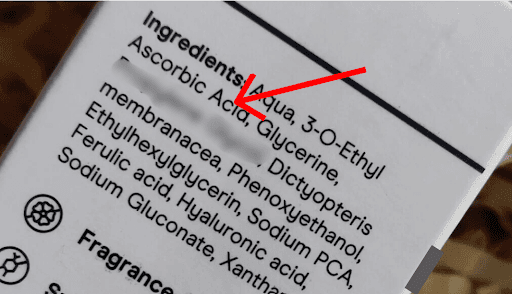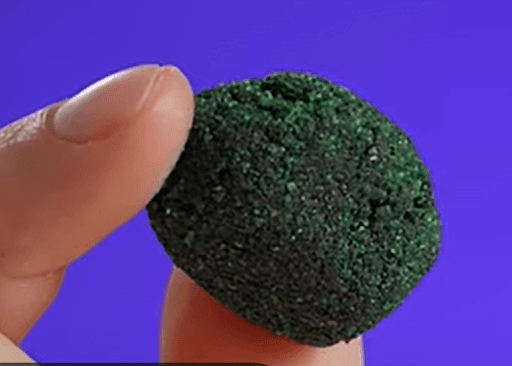Is Niacin Dangerous? New Study Says It Causes Heart Attacks (LIVE)
Reports have circulated about a recent study suggesting that niacin, a common B3 vitamin, increases the risk of heart attacks. This interpretation has garnered significant attention and concern from the public.
After the news broke, claims that niacin is unquestionably harmful emerged. Yet, such pronouncements overlook decades worth of studies demonstrating niacin's cardioprotective properties.
The study explored the presence of niacin-derived substances like niacinamide in over 1,000 participants, suggesting these might correlate with heightened cardiovascular risk. However, the links drawn are far from definitive as the participant pool had pre-existing cardiovascular conditions, and the study lacked precise dietary measurement protocols.
Evidence underscores niacin's preventative role against heart disease. Niacin effectively lowers LDL (bad cholesterol), raises HDL (good cholesterol), and reduces triglycerides, supporting cardiovascular wellness.
Part of niacin’s misunderstood role comes from it being a staple fortification in processed grain products. Regular consumption of these foods may contribute more to health issues than niacin supplementation itself.
Significant fortification occurs with common foods like cereals—a lingering strategy from the early 20th century to combat deficiencies. However, this overlap now poses challenges in a diet rich in carbohydrates and heavily processed foods.
Supplementation decisions should be personalized, considering individual health needs and conditions, particularly when addressing issues like high LDL and low HDL levels. Alternative methods or supplements should also weigh lifestyle and dietary habits.
Vitamin B3, or niacin, remains a vital component in supporting cardiovascular health, albeit not without some side effects. Clear communication and contextual understanding in media and personal health choices are crucial to optimize benefits and recognize any potential risks.
From Around The Web
Healthy Shark is a blog & weekly newsletter that curates trending news and products related to health and wellness from around the web. We also gather content from various sources, including leading health professionals, and deliver it directly to you.
Please note that we may receive compensation if you purchase any products featured in our newsletter. Healthy Shark is not affiliated with, nor does it endorse, any health professionals whose content may appear in our newsletter. The information provided is for general informational purposes only and should not be considered medical advice.
The information provided is not intended to replace professional medical advice, diagnosis, or treatment. All content, including text, graphics, images, and information available is for general informational purposes only. We do not guarantee the accuracy or completeness of any information presented and assume no liability for any errors or omissions. The content is subject to change without notice. We encourage you to verify any information with other reliable sources and consult your physician regarding any medical conditions or treatments.







